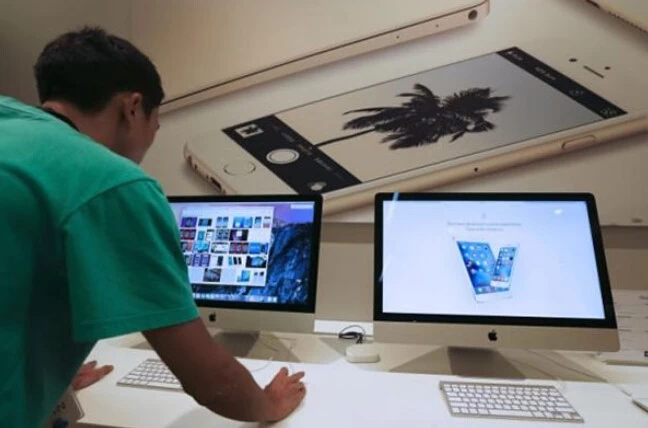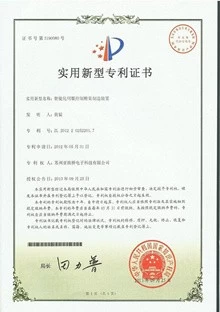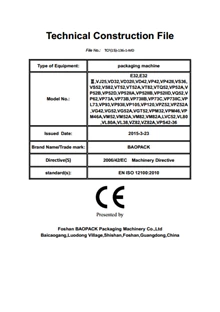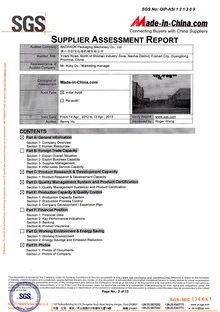Apple's iOS App Store suffers first major attack
Apple's iOS App Store suffers first major attack
Apple Inc said on Sunday it is cleaning up its iOS App Store to remove malicious iPhone and iPad programs identified in the first large-scale attack on the popular mobile software outlet.
The company disclosed the effort after several cyber security firms reported finding a malicious program dubbed XcodeGhost that was embedded in hundreds of legitimate apps.
It is the first reported case of large numbers of malicious software programs making their way past Apple's stringent app review process. Prior to this attack, a total of just five malicious apps had ever been found in the App Store, according to cyber security firm Palo Alto Networks Inc.
The hackers embedded the malicious code in these apps by convincing developers of legitimate software to use a tainted, counterfeit version of Apple's software for creating iOS and Mac apps, which is known as Xcode, Apple said.














